By Anupama Nair
Mumbai, May 9
As a woman, freedom and empowerment of women is a topic close to my heart. I remember Rousseau’s famous statement during the French Revolution, “man is born free, but he is everywhere in chains”. But for men a lot changed but what has not changed is for women. So, we can correctly say “women are born free, but she is everywhere in chains”. Even in the 21st century there is not much change anywhere in the world. She is a victim of domestic violence, rape and many horrors. The US has the most cases of domestic violence in the world. To add to misery, religions play a huge part in their condition. Yesterday I had spoken about some great women, today I am going to talk about some more women who changed history
The first European to enter India through the Indian Ocean was Vasco Da Gama. He reached Calicut in 1499. During the early part of the sixteenth century, the Portuguese were successfully carrying out trade in coastal India. However, with time their imperialist motives became clear and slowly by slowly, they began their reign of terror. If you thought Mughals, Khiljis or the British were cruel, Portuguese will emerge the winners. Goa and Brazil were the main victims. Much of the trade carried on in the Western coast of India was taxed by the Portuguese who looked to advance upon Ullal near Mangalore Port, (Karnataka). That is how they came to face Abbakka Chowta their nemesis.
Abbakka Chowta inherited the throne through the matriarchal system of inheritance followed by her community called Aliyasantana. Prior to her succession she was married to Lakshmappa Arasa, the King of Banga and had three daughters. However, she continued to remain at Ullal, her capital. Rani Abbakka was quite aware of the Portuguese threat and sought peace at first. However, she refused to pay any tax to the Portuguese administrators. The Portuguese in 1527 attacked Ullal several times in succession but in vain were defeated each time. In the end they only managed to capture it for a short time. The escaped queen returned the favor by raiding the Portuguese camp at night and slaughtering many. The defeated Portuguese then managed to influence Abbakka’s resentful husband into refusing to give her any aid. Unable to defeat the queen after several attempts of treachery, eventually the Portuguese launched a surprise attack with a large army in Ullal in 1570. Abbakka Chowta immediately rode to combat but was severely injured and captured. She continued her fight in captivity and died as a martyr. Her daughters continued her fight against the Portuguese after her death. As a result, Portuguese rule was limited to Goa and finally forced to leave in 1961.
Ahilyabai Holkar
Ahilyabai Holkar was the hereditary noble sardar of the Maratha Empire. Ahilyabai was born in the village of Chondi, Ahmednagar (Maharashtra). Ahilyabai's husband Khande Rao Holkar was killed in the battle of Kumher in 1754. Twelve years later, her father-in-law, Malhar Rao Holkar died. A year after that she took over the affairs of Holkar kingdom. She tried to protect her land from the plundering invaders. She personally led armies into the battle.
Ahilyabai was a great pioneer and builder of temples. She built hundreds of temples and Dharmashalas throughout India. Her greatest achievement was to rebuild the Kashi Vishwanath Temple in 1780, which was dedicated to Bhagwan Mahadev; the presiding deity of the holy city of Varanasi, that had been demolished by cruelest Mughal emperor Aurangzeb in 1696.
Among Ahilyabai's accomplishments was the development of Indore from a small village to a prosperous and beautiful city. She also developed nearby Maheshwar, a town on the banks of the Narmada river. She also built forts and roads in Malwa, and sponsored festivals and gave donations to temples. Outside Malwa, she built many temples, ghats, wells, tanks and rest-houses across an area stretching from the Himalayas to pilgrimage centers in South India. She was also considered as a pioneer in education of girls.
Velu Nachiyar was the first Indian queen to fight the British Imperialism. She was the only daughter of the King of Ramnad (Tamil Nadu). She was born in 1730. In absence of any brothers, she was brought up like a prince with training in martial warfare and weaponry. The British had just started their conquest of India through the East India Company. The dream of the British East India was to capture the “sone ki chidiya”—India and become “the masters of the subcontinent from Khyber to Chittagong and Kashmir to Comorin (Kanya Kumari)”. For this they gained the support of the Nawab of Arcot (Tamil Nadu), Muhammad Ali Khan who wanted to defeat the French Imperialists and Hyder Ali (father of Tipu Sultan), who was the Sultan of Mysore (Karnataka).
Velu Nachiyar was married to Muthuvaduganatha Periya, the King of Sivagangai (Tamil Nadu) who lost his life in the war between the British and the French in 1772. However, she escaped with her daughter. Just as all looked well for the British, in 1780 the queen returned with Hyder Ali as her ally and accompanied by a large army was prepared to fight the British again. She had found out where the British stored their ammunition and set it ablaze through a suicide attack when her army commander the great and brave woman Kuyili immolated herself in the storage.
Under her instructions her adopted daughter Udaiyaal blew up the British arsenal through another suicide attack. In the memory of Kuyili and Udaiyall, she formed a women’s army. Despite several attacks, she fought on and eventually seized Sivagangai. Thereafter, she imprisoned the Nawab of Arcot, who was later released to the British in exchange for Sivagangai’s independence. Velu Nachiyar is famous as “Veeramangai” as she remained the undefeated ruler of Sivagangai until her death in 1790.
It can be correctly said India is a free country due to the efforts of such great women who fought for independence
(To be continued…)


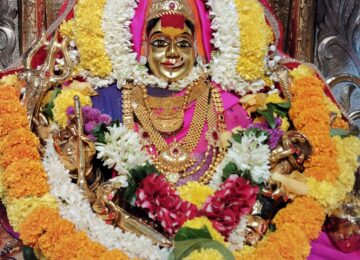

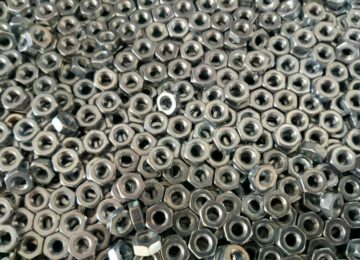
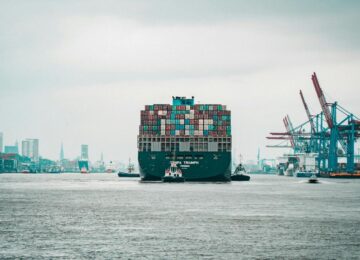
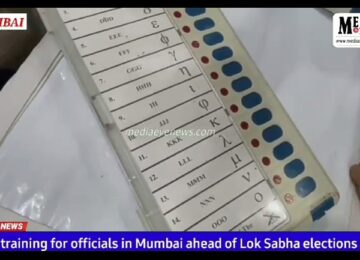


















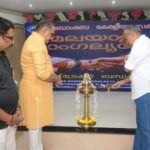
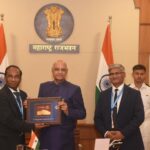

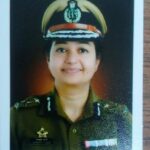
Good information
Great info. We women are great
Great woman of India
Never knew about such women. Thank you for such info
Nari shakti
Nari shakti
Great women of India.
Nari shakti
Nari shakti
Nari shakti
Nari shakti
Great job done Anupama and Media Eye
Nari shakti
Nari shakti
Nari shakti
Nari shakti
Nari shakti
Nari shakti
Great daughters of mother india
Nari shakti
Indian women were great.
Nari shakti.
Great women of India.
Nari shakti
Nari shakti
Great women of India.
Great woman of India
Great woman of India
Nari shakti
Nari shakti
Excellent article.
Great women of the world.
Great women of India.
Great women of India.
Great queens of India.
Great queens of India.
Great queens of India.
Great women of India.
Great women of India.
Great women of India.
Great women of India.
Great women of India.
Great women of India.
Great queens of India.
Great queens of India.
Great woman of India.
Great woman of India.
Great women of India
Great women of India
Great women of India.
Great women of India.